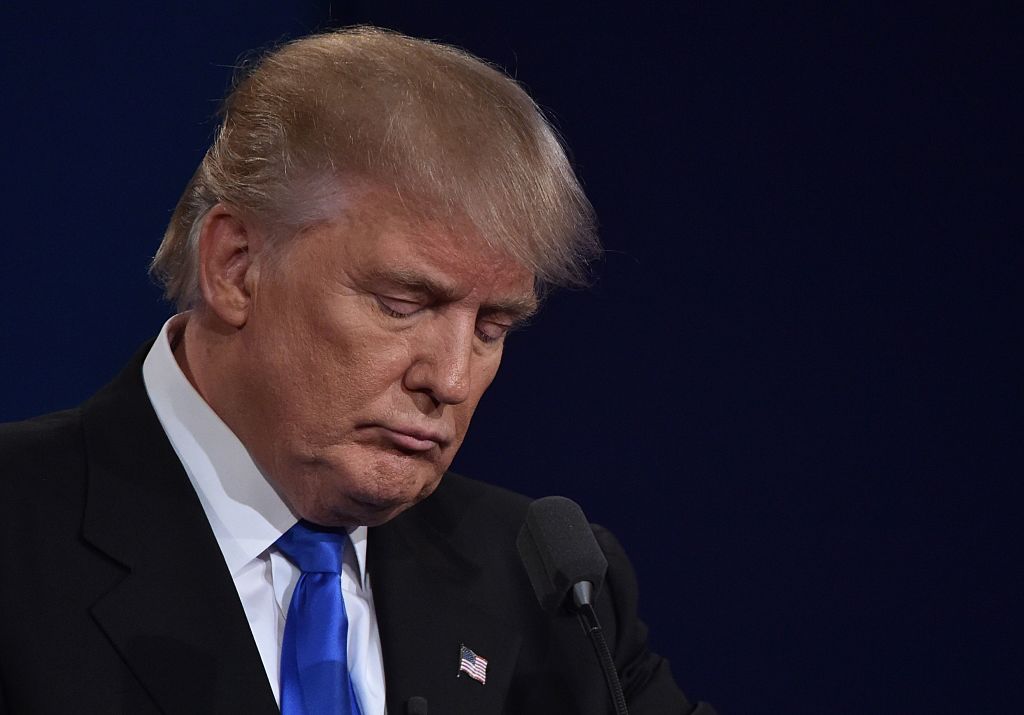To print this article, all you need is to be registered or login on Mondaq.com.
As the Minnesota Legislature enters the latter half of
its 2023–2024 legislative session, the pressure is on to meet
critical deadlines before adjournment on May 20, 2024. House and
Senate committees are racing against the clock to push bills
through for consideration by the April 19 deadline. With the fate
of numerous bills hanging in the balance, the strategic bundling of
bills into omnibus bills to ensure their survival has
begun.
Quick Hits
- Minnesota lawmakers are working on bills addressing drug
testing, earned sick and safe time, pay transparency in job
postings, restrictive employment covenants in service contracts,
and unemployment benefits for striking workers. - The legislative session adjourns on May 20, 2024.
In our March 27, 2024, legislative update article, several key bills
were previewed, many of which have made it to an omnibus bills,
along with other articles that may affect employers in
Minnesota.
Omnibus Budget and Policy Bills
The Minnesota Senate and House have proposed multiple omnibus
budget and policy bills. An omnibus bill is a large bill generally
made up of numerous smaller bills on the same broad topic. Often
the smaller bills are heard in committee and then laid over for
possible inclusion in the omnibus bill rather than passing each
bill separately.
Senate File (SF) 3852 / House File (HF) 3947
This omnibus bill includes sections that would modify the Drug
and Alcohol Testing in the Workplace Act (DATWA) such as:
- defining “oral fluid test” and specifying saliva
testing to detect drugs, alcohol, cannabis, or their metabolites
does not require the services of a testing laboratory; - permitting employers to use oral fluid testing procedures as an
alternative to drug and alcohol or cannabis testing for job
applicants; and - requiring a job applicant to take a drug, alcohol, or cannabis
test using a testing lab within forty-eight hours of a positive,
inconclusive, or invalid test result to remain eligible for the
job. Current rights, notice, and retest procedures would apply to
such testing.
SF 3852 had its third reading and was
passed to the House for reading and comparison to HF 3947. Once received by the House, the
omnibus bill was amended and passed. However, the Senate did not
concur with the House bill amendment and requested a conference
committee be convened. On April 15, 2024, both House and Senate
conference committees were convened to compromise on the language
of the bill. If they reach a compromise, their agreement must be
passed by both bodies before it can be sent to the governor.
HF 5217 / SF 5266
This omnibus bill includes an article related to earned sick and
safe time (ESST) modifications. Most notably, the article includes
sections that would:
- provide rulemaking authority to the commissioner of the
Minnesota Department of Labor and Industry to carry out the
purposes of the ESST law; - provide remedies available as enforcement against an employer
that does not follow the ESST law requirements and sets damages as
the full amount of ESST time not provided or allowed to be used,
plus an amount equal to that amount as liquidated damages; - remove certain requirements related to ESST from being provided
on employee earnings statements (pay stubs); - modify the notice requirement to employees regarding their use
and accumulation of ESST; - allow an employee to use ESST for bereavement to arrange for or
attend a funeral or memorial, or address financial or legal matters
following the death of a family member; and - allow ESST to be used in the same increment of time as an
employee is paid. An employer would not be required to allow leave
increments of less than fifteen minutes and would not be permitted
to require an employee to use leave increments of over four
hours.
Another notable section in this omnibus bill would modify the
definition of “employer” for purposes of review and
access to personnel records for private-sector employees. The bill
would expand the definition to employers that employ one or more
employees, rather than the current definition of twenty or more
employees.
The companion bills were introduced on April 2, 2024. SF 5266 was re-referred to the Finance
Committee after multiple amendments. HF 5217 currently sits with the Labor and
Industry Finance and Policy Committee.
Statewide Earned Sick and Safe Time Amendments
The battle of the competing House of Representatives and Senate
bills that would amend the ESST leave requirements continues.
HF 4462 / SF 5135
HF 4462 proposes several changes to ESST
in favor of employers, such as allowing an employer to impose a
ninety-day waiting period before an employee can use accrued ESST
hours and excluding minors (under age eighteen), certain part-time
employees, certain seasonal workers, and others from the definition
of “employee.” Since our last article, HF 4462 gained a
companion bill, SF 5135. The bills have made little progress
though, and their status lingers at the first reading.
HF 3882 / SF 3787
HF 3882 and SF 3787 set out to clarify and reduce
confusion left over from the rollout and implementation of the
ESST, along with additional compliance measures, rulemaking, and
remedies. SF 3787 was re-referred to the Labor Committee on April
8, 2024, and is awaiting its second reading and HF 3882 remains
with the Labor and Industry Finance and Policy Committee on its
second reading. However, most proposed amendments made their way to
the HF 5217 / SF 5266 omnibus bill discussed above.
Changes to the Minnesota Human Rights Act (MHRA)
HF 4021 / SF 4292
HF 4021 and SF 4292 proposed to modify the MHRA by
updating definitions such as “disability,” increasing
procedural timelines from forty-five days to ninety days to bring a
civil cause of action after dismissal or a no probable cause
determination from a local commission, amending damage awards in
civil actions by requiring the court to order a civil monetary
penalty fine, compensatory damages, and an amount up to three times
the actual damages sustained by an aggrieved party. Neither bill
has made progress within their respective chambers since our
previous legislative update. They do not appear to be included in
any omnibus bill.
Salary Ranges Required in Job Postings
HF 3587 / SF 3725
HF 3587 and SF 3725 would require employers, of
thirty or more employees, to disclose the “starting salary
range, and a general description of all of the benefits and other
compensation to be offered to a hired job applicant” in job
postings. Since our previous article, both bills were laid over and
are now included in the Omnibus Labor and Industry Policy Bill (HF 3947 / SF 3852).
Restrictive Employment Covenants in Service Contracts
HF 3456 / SF 3721
HF 3456 and SF 3721 proposed to bar staffing agencies
or similar entities in Minnesota from restricting their employees
from directly working for their customers. Neither bill has made
progress within their respective chambers since our last update.
Since our previous article, both bills were laid over and are now
included in the Omnibus Labor and Industry Policy Bill (HF 3947 /
SF 3852).
Unemployment for Striking Workers
HF 3446 / SF 3588
HF 3446 and SF 3588 proposed to amend Minn. Stat.
§ 268.085, subd. 13b, so striking workers would not be
automatically ineligible for unemployment benefits during a labor
dispute. Since our last update, both bills were laid over for
possible inclusion in the omnibus bill in their respective
chambers. They do not appear to be included in any omnibus
bill.
The content of this article is intended to provide a general
guide to the subject matter. Specialist advice should be sought
about your specific circumstances.
POPULAR ARTICLES ON: Employment and HR from United States
#Minnesota #Legislative #Update #Part #Dont #OmnibusLegislators #Chance #Pass #Employment #Law #Bills #Employee #Rights #Labour #Relations










